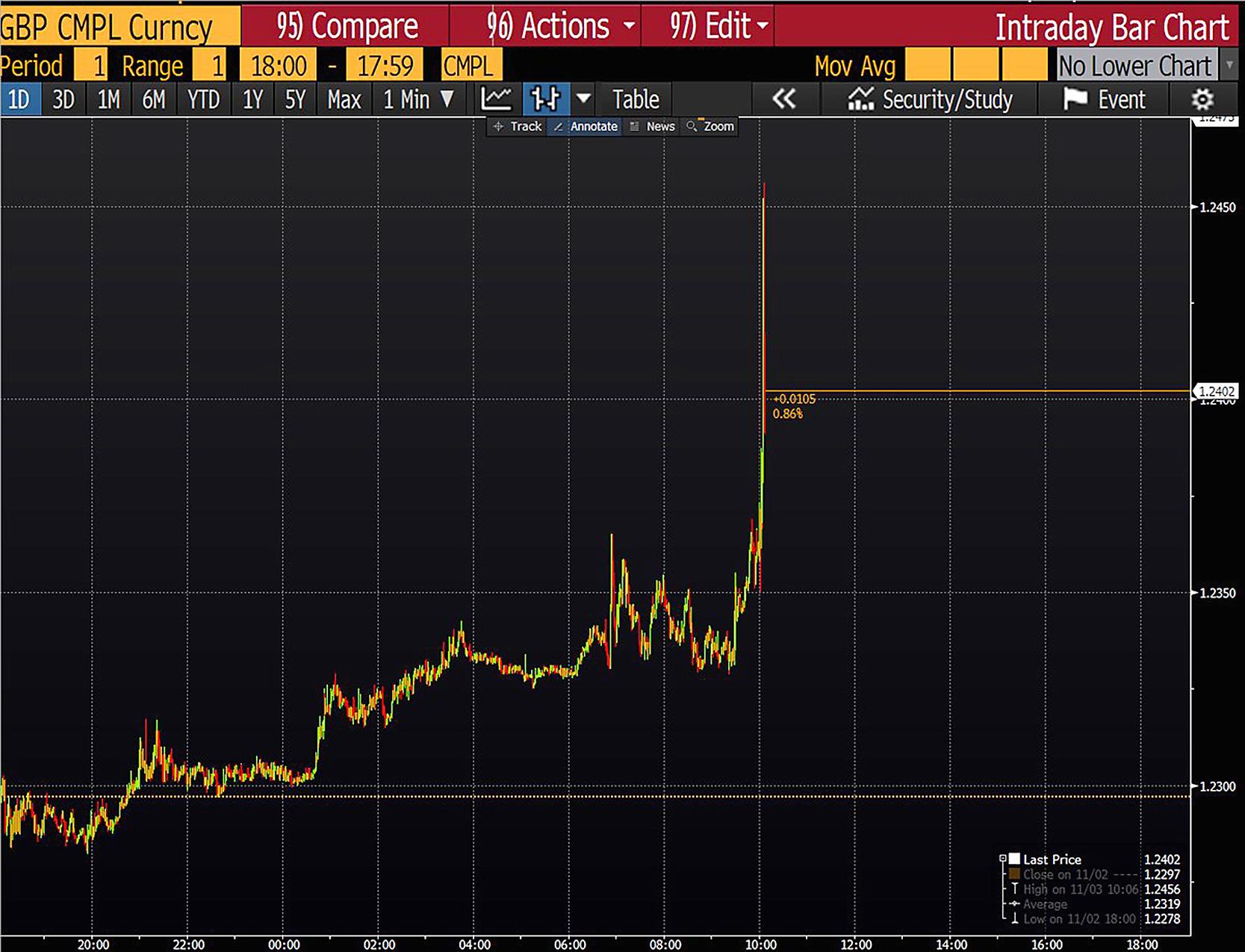The markets know letting Parliament vote on Article 50 means a soft Brexit – and the pound is jumping up because of it
The FTSE 100 index of large companies, which had been up on the day, fell back as you would expect. Some 70 per cent of these companies’ revenues come from outside the UK, so any recovery in the pound reduces their profits in sterling terms


Your support helps us to tell the story
From reproductive rights to climate change to Big Tech, The Independent is on the ground when the story is developing. Whether it's investigating the financials of Elon Musk's pro-Trump PAC or producing our latest documentary, 'The A Word', which shines a light on the American women fighting for reproductive rights, we know how important it is to parse out the facts from the messaging.
At such a critical moment in US history, we need reporters on the ground. Your donation allows us to keep sending journalists to speak to both sides of the story.
The Independent is trusted by Americans across the entire political spectrum. And unlike many other quality news outlets, we choose not to lock Americans out of our reporting and analysis with paywalls. We believe quality journalism should be available to everyone, paid for by those who can afford it.
Your support makes all the difference.Well, we know what the financial markets want. The sharp reaction to the High Court judgment that Parliament will have to vote on Article 50 shows that a soft Brexit, in which Britain retained reasonable access to the European single market, would be much more preferable to a hard one, where it didn’t.
The jump in the pound against the dollar of almost 1 cent showed that – though it is true too that sterling was strong against the dollar even before the ruling, on the back of strong signals from the service sector. It is now at a three-week high.
The FTSE 100 index of large companies, which had been up on the day, fell back as you would expect. Some 70 per cent of these companies’ revenues come from outside the UK, so any recovery in the pound reduces their profits in sterling terms.
How this will play in politics is not yet clear, and the court decision may well be reversed. But if you move away from the rhetoric about negotiations and look at the practicalities, the prime economic issue will be the pace at which the UK economy disengages from the European one. The share of trade with Europe has been falling for the past decade, as other markets grow more quickly. But there are powerful economic reasons for retaining as open access as possible for the time being.
The main thing the financial and business communities will be looking for is an indication of the UK’s plans. The need to get the triggering of Article 50 through Parliament would mean the Government would have to give greater clarity on its objectives. Clarity is absolutely what business wants.
However, business also recognises that Brexit will be a process, not an event. The deal, whatever it is, will not be a final one, and trade relations with Europe will continue to evolve. The nudge towards these evolving in a more benign way – if that is the result – of this ruling, was welcomed in Europe too. European shares turned up for the first time in 10 days. That ended the longest run of losses for two years. A soft Brexit would clearly be welcomed by European business too.
Join our commenting forum
Join thought-provoking conversations, follow other Independent readers and see their replies
Comments